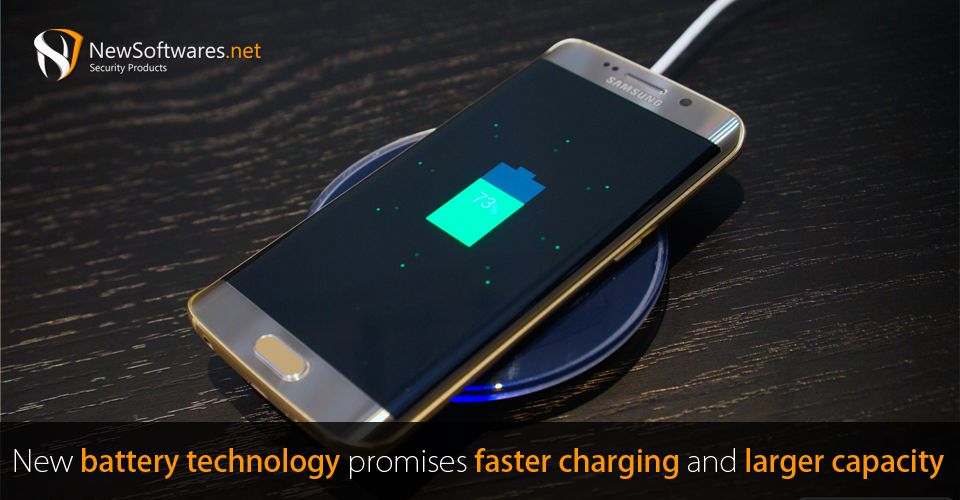It happens to everyone, Just when you receive an important message or call, your phone dies. One of the biggest issues with smart phones is not related to their processing capabilities, it’s about battery performance. Currently, battery capacities have been restricted due to restrictive smartphone designs. However, that is all about to change, thanks to a ground breaking initiative from a new tech startup, dedicated to overhauling the existing battery technology.

A new battery technology promises to hold five times the capacity of a typical lithium ion. What’s even more exciting is the fact that users can get their hands on one as early as next year. The inventers, Prieto Battery claims to have developed a 3D solid state battery. Not only that, this new battery technology will charge much faster, be more resistant to heat and could be flexible enough for wearables and other similar devices. The battery will also be used to store current generated from solar panels. Most importantly, the battery capacity would far exceed the – existing technology – lithium ion batteries.
The company has received an undisclosed amount of funding from Intel capital to help them commercialize the technology. Prieto has also been rumored to partner up with another tech giant in order to release their battery technology, no later than 2017.
The current lithium ion batteries are based on a 2D design that limits storage and charging speeds. The new 3D design can easily be integrated into current manufacturing structure without having to overhaul the whole manufacturing process.
The Prieto battery has cathodes and anodes that are fused together; on top of that, the batteries have no liquid inside of them – unlike the average lithium ion battery – making charging faster. The new technology will also use copper substrates instead of the graphite anode which are being used in existing battery technology. Using copper substrates will ensure increased battery density and increased charging speeds.
Currently lithium-ion battery technology is the most popular type. However, there are batteries in the market that are somewhat more advanced compared to lithium ion – especially when it comes to holding larger charge capacity – these batteries mainly utilize the silver-zinc compounds. However, lithium ion batteries are backed by large manufactures since they are cheaper to produce.
One of the biggest hurdles Prieto is likely to face will come from integrating this technology into existing market. Another major hurdle is convincing large manufactures of its safety, benefits and overall financial feasibility.
On the plus side, with Intel backing the project by providing financial support, the technology may have a better chance of succeeding in the market. Intel could also assist Prieto in testing its batteries on chips and smartphones.
